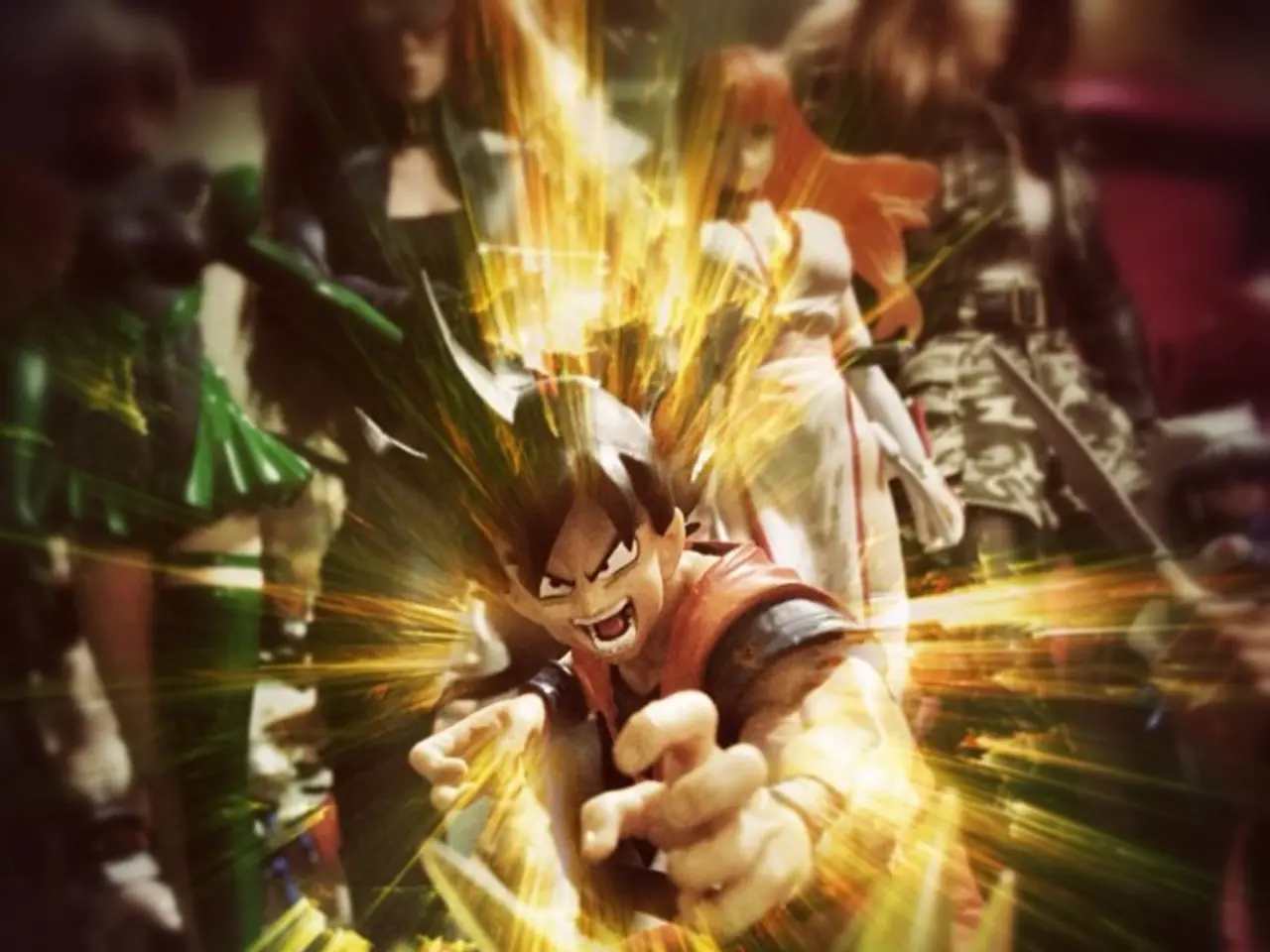Is it Time for Avatar to Emerge as a Prominent Modern Movie Series?
Twenty years ago, Nickelodeon's action-fantasy anime "Avatar: The Last Airbender" premiered, offering something unique on western TV at the time. Fast forward to today, and the franchise is celebrating this milestone while preparing for a new chapter with the greenlit show "Seven Havens".
"Seven Havens", one of the first projects to come from Avatar Studios, will centre on a young Earthbender named Pavi, who inherits the Avatar mantle after a cataclysm involving her predecessor Korra. This new show, along with a Netflix live-action remake and numerous comics, graphic novels, video games, and YA books, continues the Avatar franchise's expansion as a multimedia powerhouse.
Pavi, unlike the revered Avatars of the past, is feared rather than revered. She must redefine what it means to be the Avatar in a shattered world, a challenging task that mirrors the franchise's own struggle to maintain its legacy in a rapidly changing industry.
Franchises, especially beloved ones like Avatar, risk being cast aside if they slip up even once. Negative reactions, both genuine and manufactured in bad faith, can easily overwhelm projects. This is a risk that Paramount, the current steward of the Avatar franchise, has navigated reactively, often due to fan demand, streamer numbers, or avoiding a sour ending that could alienate newcomers or prevent rewatches.
The audience for "Avatar: The Last Airbender" found itself protective of the franchise due to the live-action movie and the Netflix adaptation. A potential return of the Avatar series could be more damaging to its legacy if it's just a way for Paramount to flex its franchises and tout another all-ages franchise.
However, with the involvement of co-creators Michael DiMartino and Bryan Konietzko in "Seven Havens", there's hope that the franchise will continue to evolve and grow, rather than simply churn out project after project. If DiMartino and Konietzko have more stories to tell in this universe, they should be given space to do so with enthusiastic and loving staff.
"Legend of Korra", the sequel series to "Avatar: The Last Airbender", faced criticism, some of which is attributed to its start as a two-season miniseries that became something bigger. Despite these issues, Korra was given the opportunity to grow properly, a testament to the importance of allowing creative teams the time and space to develop their stories.
Hollywood franchises have become more prevalent since 2014, and the Avatar franchise is no exception. Paramount has expressed a desire to keep the Avatar franchise going as a multimedia franchise. Whether this means more shows, movies, or spin-offs remains to be seen. But one thing is certain: the Avatar universe continues to captivate audiences, and with "Seven Havens" on the horizon, the future of this iconic franchise looks bright.
Read also:
- Impact of Alcohol on the Human Body: Nine Aspects of Health Alteration Due to Alcohol Consumption
- Understanding the Concept of Obesity
- Tough choices on August 13, 2025 for those born under Aquarius? Consider the advantages and disadvantages to gain guidance
- Microbiome's Impact on Emotional States, Judgement, and Mental Health Conditions








